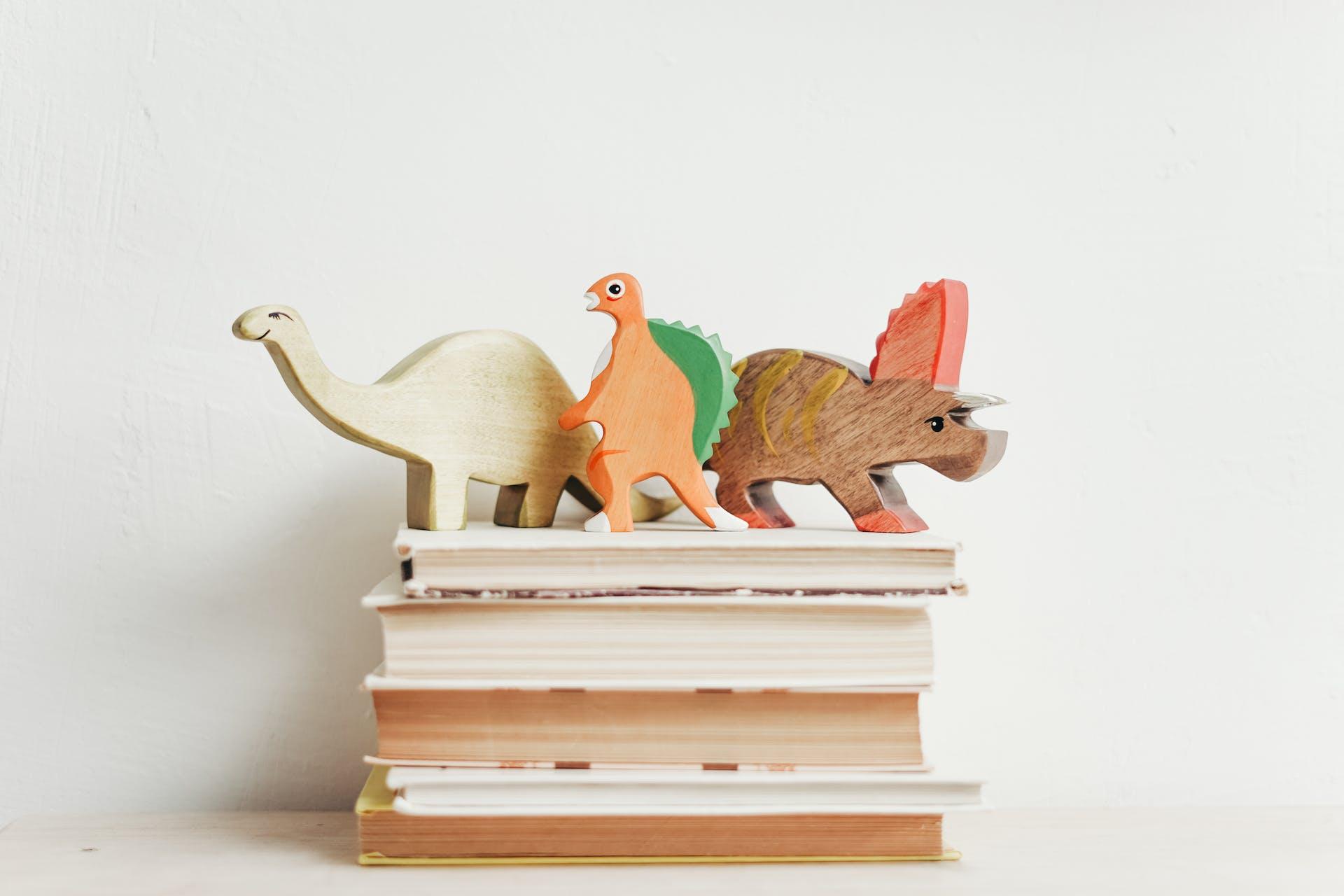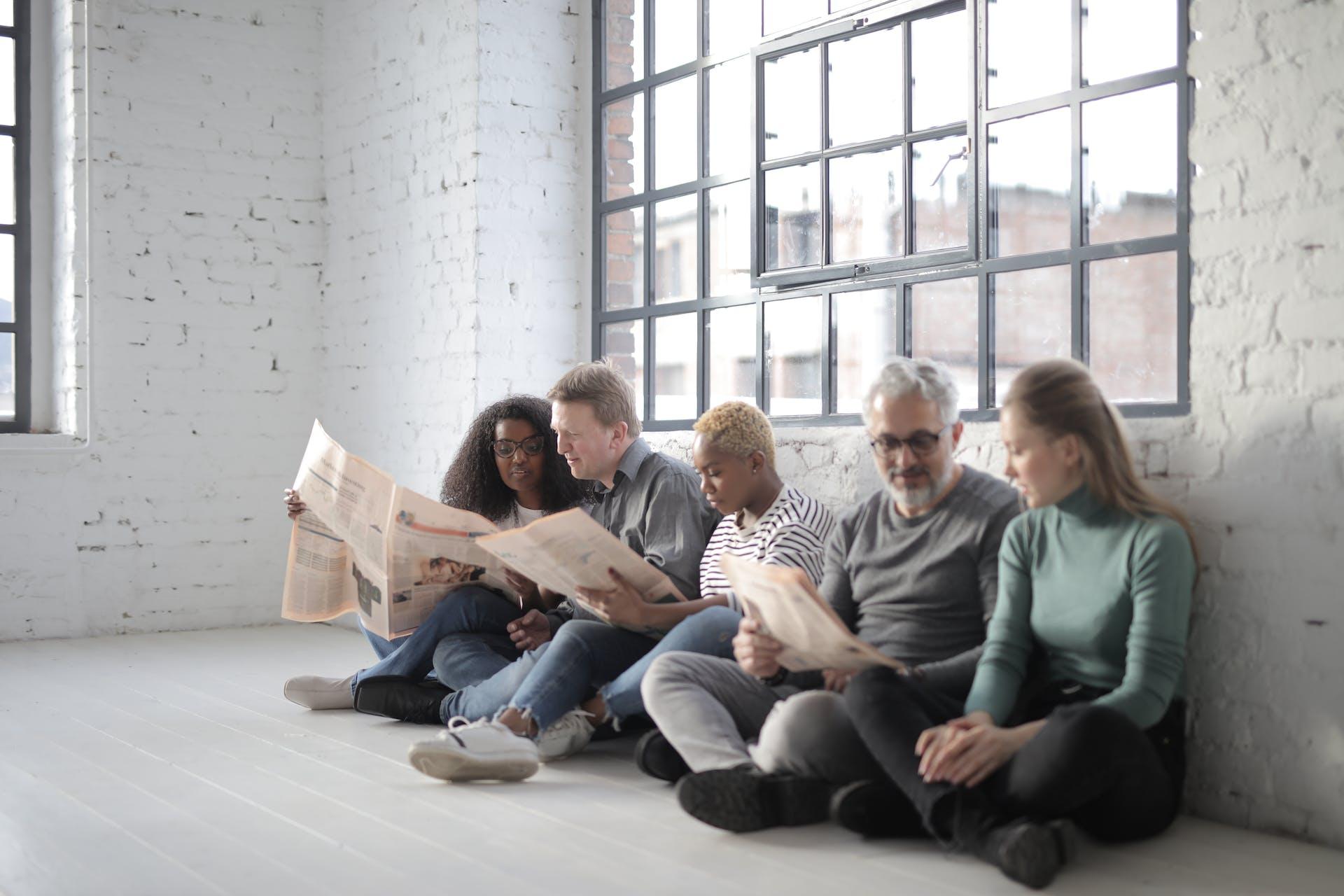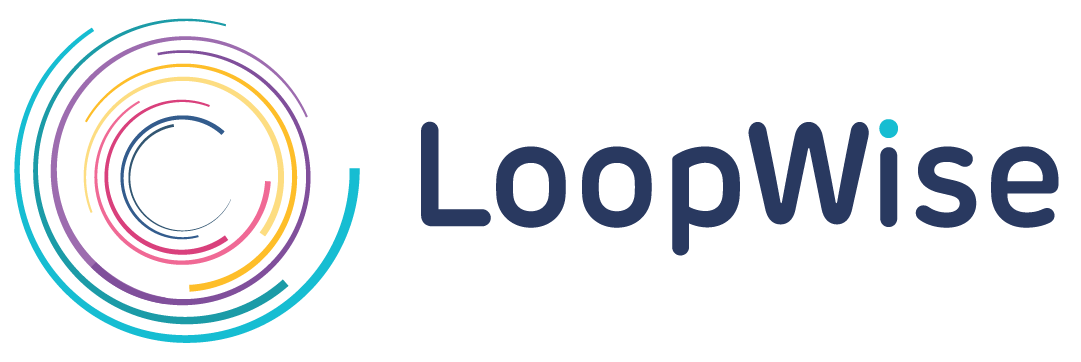Once upon a time…
Until about 20 years ago, I used to say this phrase almost every day (sometimes several times a day), as the beginning of a story for my children. Wonderful memories are these. But when they became fluent readers themselves, I lost that reading privilege. They took over the story and at the same time the control of reading.
(And now also fully in control of their own lives)
Meanwhile, I have grandchildren and get to experience again the excitement and delight of storytelling.
I rediscover how I love the different voices and moods in a story, how it feels to build that tension, how their small faces then glow at the end....
And strangely enough, even though these are children's stories, with every book I close something happens to me. I feel lighter, as if something in my brain has been sparked. It's hard to find the right words for it, but it definitely sets something in motion.
In a different world
I also have that same sense of "enlightenment" when I am reading myself. Whether it's a novel or a professional book doesn't matter. When I am reading, I find myself in a different world. I then annotate in my book (yes, I am still a classical reader) sentences that touch me, paragraphs that require clarification, statements that confront me.
To then do something further with it. Preferably. The intention is always there, but unfortunately it often stops at making annotations.
In recent years, however, I have been reading less and less intensively. Everything has to go fast, information has to be read and digested quickly. On social media, each article mentions the reading time, and I notice that this often influences my decision whether to continue reading or not.
Am I challenging your patience now, dear reader?
And yet the hunger for reading remains strong. And the pile of books I have collected in the meantime is correspondingly high.

Reading as nutrition
How can I encourage myself to read more again? To let myself be nourished and enriched? Not just to plant seeds in my head, but to see how they might germinate and what might grow from them?
I myself already know the benefits of reading. Let me list them for you in case you are not convinced.
1. Reading increases your chances on the job market.
A study published in Psychological Science (1) concludes that proficient readers find work faster than low-literates and earn up to 16% more. Other research from Oxford University (2) states that 16-year-olds who read frequently and enjoy reading often get jobs with more responsibilities later on.
Ok, with my track record, this is no longer the determining reason.
2. Reading enhances the ability to concentrate.
Neurological studies from Stanford University, among others, describe how reading is a cognitive process in which our brain converts read text into meaning and information, and this requires concentration. So the more often you read, the more you repeat that process. This allows you to perform other tasks more concentrated as well.
This already sounds more interesting for me.
3. Reading broadens our thinking and our perception of the world.
Through reading, we store knowledge and information. We see this use especially in educational books, but fictional stories also bring new insights. After all, it is through stories we expand our thinking and perception of the world. A book about American slavery in the nineteenth century, for instance, gives different perspectives than the immediate environment you are used to. So reading helps us discover the world and the other person.
In an article in the scientific journal Science (4) and according to a study by Washington and Lee University (5), reading challenges prejudices.
Let this be precisely what I wish for myself and society as a whole a little more.
4. Reading strengthens our social skills.
As a reader, you constantly observe the characters' behaviour and get an insight into their thinking patterns. Perhaps these are not (always) consistent with what you yourself think or do. Several studies, such as research by the University of Amsterdam (6), confirm that reading increases our capacity for empathy as a result. Readers understand the feelings of others better than non-readers.
We can never have enough of empathy in the world, that’s my opinion.
5. Reading reduces feelings of stress.
Research (7) has proven that only 30 minutes of reading can lower your blood pressure, heart rate and feelings of psychological distress. "Losing yourself in a book is the ultimate relaxation," says Dr David Lewis, the cognitive neuropsychologist who conducted the study. That study found that even just 6 minutes of reading can be enough to reduce stress levels by more than two-thirds.
Blessed as that sounds, what am I waiting for?
Read and make it real
Now there is no reason why I should not start reading more again, is there? Well, there is, actually. Because am I doing enough with all the insights? In what way can they feed and enrich myself, others and other contexts? How do I translate what is in a book into everyday life? So that besides a bright idea in a book, a feeling of recognition or acknowledgement in my gut, it also gets hands and feet and really triggers something?
How do I make reading REAL?
This is an invitation to you, dear reader.
Following the example of Brian Eno (yes indeed, ex-member of Roxy Music and producer of U2), I am starting a collective scene, to exchange thoughts together on how we can do something for each other and our (small or big) world, inspired by the thought of books.
Everyone is welcome to do so, from whatever role or context. To read (pieces of) books together, to read to each other, to exchange thoughts, to explore visions, to define paths, to take steps.

"Come on, come on, let's stick together"
"Collective scenius" is what Eno calls it. I'll let him speak for himself for a moment.
"So I came up with this word 'scenius' - the intelligence of a whole operation or group of people. I think that's a more useful way to think about culture. Let's forget the idea of 'genius' for a little while, let's think about the whole ecology of ideas that give rise to good new thoughts and good new work."
It’s all about creating a dialogue, where we come to insights and actions from the fusion of different beliefs and experiences.
Read and make it real.
Are you interested and would you like to join in? Just give a click on this page.
You can also email katelijne@loopwise.be
I'd love to read from you.
